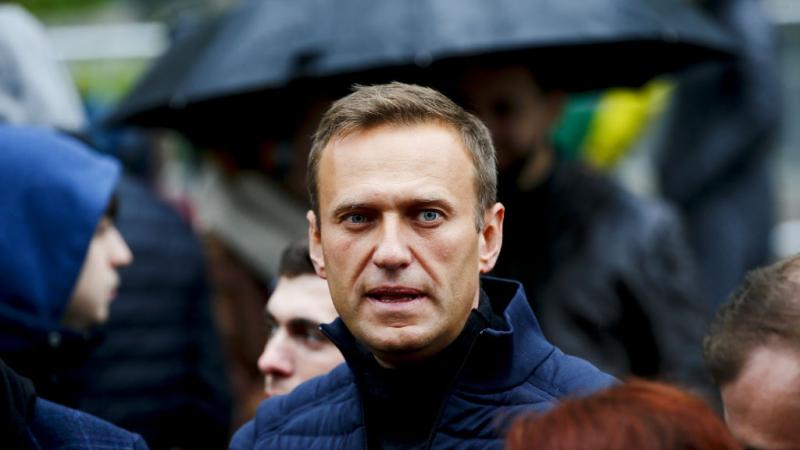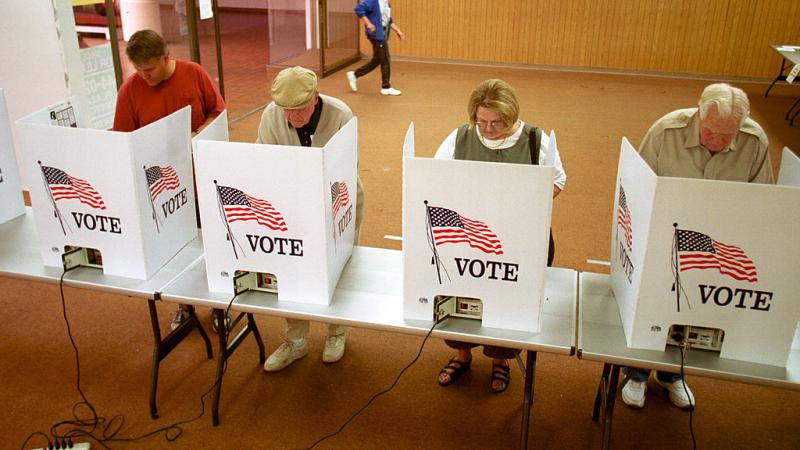The launch will go on: Amid pandemic, U.S., Russian crew to blast off for space
Precautions to prevent virus from spreading aboard space station include barring outside guests from Kazakhstan launch.
Undeterred by pandemic, isolation, and an inter-governmental dust-up over an alleged plot to hijack the galaxy, American and Russian space travelers will embark Thursday on a joint mission to live in orbit around Earth. The expedition will launch from the Baikonor Cosmodrome in Kazakhstan on Thursday, April 9, when one astronaut and two cosmonauts commence their journey to the International Space Station.
The crew includes NASA’s Chris Cassidy, along with Roscomos space agency’s Anatoly Ivanishin and Ivan Vagner.
First launched in 1998, the International Space Station has hosted 239 people from 19 countries, placing mixed-national crews aboard the orbiting research station, according to NASA.
Mixed American-Russian crews are common. In recent years, they have weathered an aborted launch and the appearance of a mysterious hole in the side of the spacecraft. The failed launch ended well, with the astronaut-cosmonaut team unharmed and eager to head back to space. The hole incident, which briefly raised the specter of sabotage aboard the ISS, was resolved, at least to Russia’s satisfaction. (Roscomos officials said they would not tell NASA how the hole was created.)
On Tuesday, the Russian space agency bristled in response to an April 6 White House executive order affirming among other things that the United States can mine the moon and asteroids for mineral resources. Without referencing Russia’s 2014 capture of Crimea from Ukraine, Russian space officials objected that the United States aimed to hijack outer space.
“Attempts to expropriate outer space and aggressive plans to actually seize territories of other planets hardly set the countries (on course for) fruitful cooperation,’ said Roscosmos Deputy Director General on International Cooperation Sergey Saveliev in a statement. “The history knows examples of a country starting to seize territories for its own benefit – everyone remembers the outcome.”
The intrigue both past and present is positioned against a background of a viral disease outbreak on Earth.
One currently orbiting astronaut, Expedition 62 flight engineer Jessica Meir, addressed the pandemic last month from space.
“It is very strange and a bit surreal for us to see it all unfold when we’ve been up here for the entire duration of what’s going on down on the ground and it seems that we will be completely going back to a different planet,” Meir said.
Both the American and Russian space agencies have taken steps to stop the virus from spreading aboard the ISS, officials said.
“We already take steps to prevent the crew from bringing illnesses like the cold or flu to the International Space Station,” NASA spokesperson Brandi Dean told Just the News. “All of our crew must stay in quarantine for two weeks before they launch. This ensures that they aren’t sick or incubating an illness when they get to the space station and is called ‘health stabilization.’ ”
Current precautions include not allowing outsiders into Kazakhstan to witness the launch. Astronaut Chris Cassidy, who normally would be able to invite up to 15 people to watch the launch in person, now will march to the launch site without being able to wave goodbye to on-scene family and friends.
“We’re being really super vigilant so that I can remain healthy,” Cassidy said last week in a video interview. “I will have no guests at launch.”
Russia, for its part, enhanced its standard launch-side search-and-rescue military presence to include teams to fend off the coronavirus.
Helicopters, transport aircraft, amphibious vehicles, 150 troops, plus search and rescue equipment, arrived in Baikonour this week, according to the Ministry of Defence of the Russian Federation.
“Upon arrival, all military personnel underwent barrier thermometry, and ground and aviation equipment was treated with disinfectant solutions,” the Ministry said in a statement. “Also, all personnel of the search and rescue group are provided with individual protective equipment and antiseptics.”
The launch takes place mid-day in Kazakhstan, at 4:05 a.m. Eastern Standard Time. The flight from Earth via Russian spacecraft will take six hours. The launch will be covered live by NASA Television and the agency’s website.
















